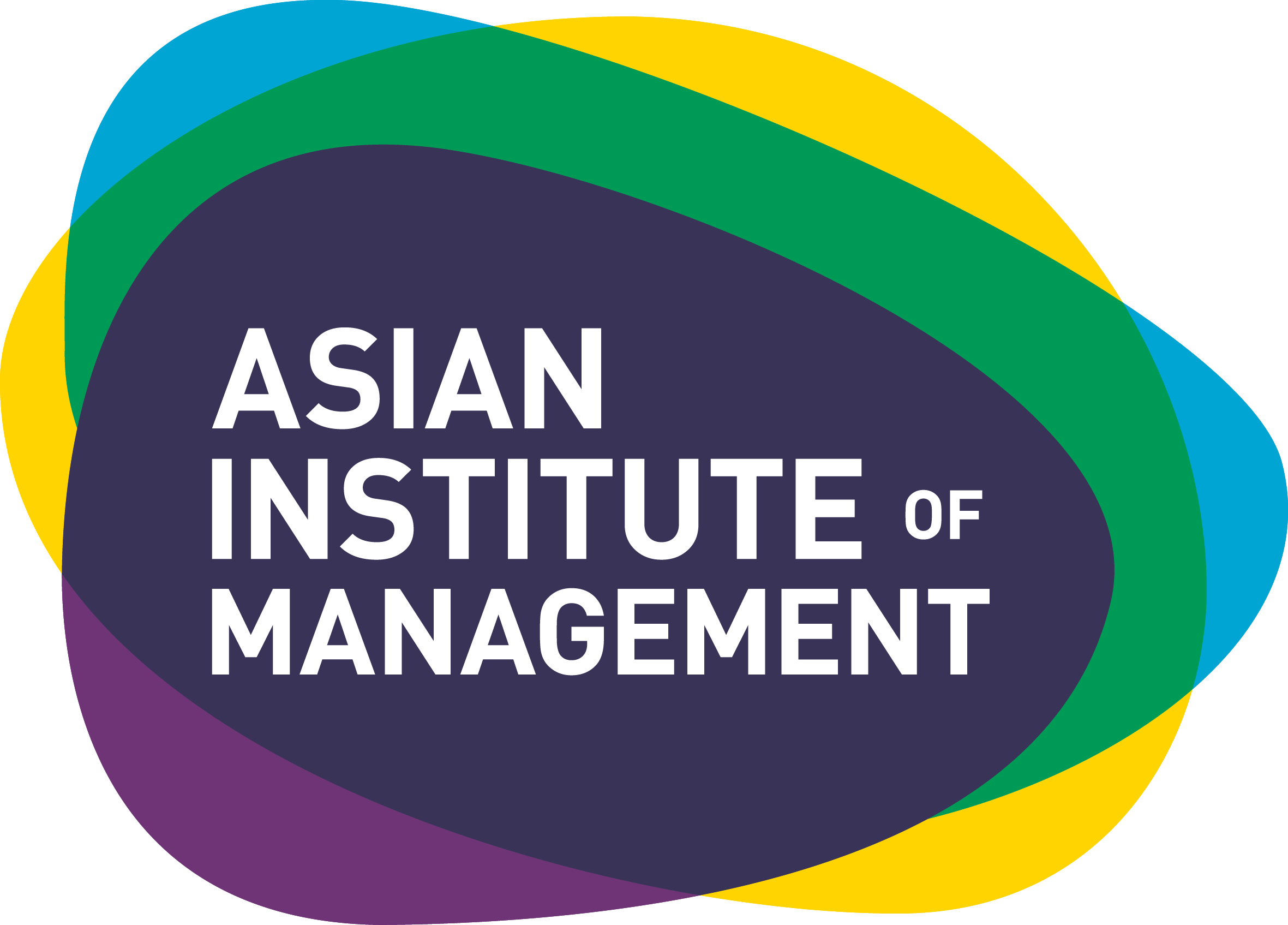|
Ned Roberto
Eduardo L. Roberto or Ned Roberto is a Filipino professor who is considered Asia's foremost authority in marketing. He was the professor of international marketing at the Asian Institute of Management located in Metro Manila in the Philippines. He has written several marketing-related books and is currently a part of the editorial board of the ''International Journal of Research in Marketing''. His areas of interest for teaching and research include marketing research, social marketing, and consumer behavior. He has also taught at the Northwestern University’s Kellogg Graduate School of Management Chicago Campus and at the Euro-Asia Centre of INSEAD Macau. Education Roberto received his Doctor of Philosophy in Marketing and a Master in Business Administration degree from The Kellogg Management School of Northwestern University (1973.) Career Board memberships * He is the chairman and president of Roberto & Associates, Inc., (RAI) a marketing research and consulting age ... [...More Info...] [...Related Items...] OR: [Wikipedia] [Google] [Baidu] |
Asian Institute Of Management
The Asian Institute of Management (AIM) is an international management school and research institution. It is one of the few business schools in Asia to be internationally accredited with the Association to Advance Collegiate Schools of Business (AACSB). It was established in partnership with Harvard Business School, AIM Historical Highlights. and uses the Harvard Business School case study teaching methodology. Prof Stephen Fuller of the Harvard Business School was its first president, to be succeeded by another professor from Harvard. It was described by ''Asiaweek'' magazine (a Time Inc. publication) as the best in the Asia-Pacific region in terms of executive education.http://www-cgi.cnn.com/ASIANOW/asiaweek/features/mba/data/exec.overall.html Asiaweek Asia's Best Universities 2000 History The institute was established in 1968 in partnership with Ateneo de Manila University, De La Salle University, Harvard Business School, the Ford Foundation, and visionaries of the A ... [...More Info...] [...Related Items...] OR: [Wikipedia] [Google] [Baidu] |
Consumer Behaviour
Consumer behavior is the study of individuals, groups, or organizations and all the activities associated with the purchase, use and disposal of goods and services. Consumer behaviour consists of how the consumer's emotions, attitudes, and preferences affect buying behaviour. Consumer behaviour emerged in the 1940–1950s as a distinct sub-discipline of marketing, but has become an interdisciplinary social science that blends elements from psychology, sociology, social anthropology, anthropology, ethnography, ethnology, marketing, and economics (especially behavioural economics). The study of consumer behaviour formally investigates individual qualities such as demographics, personality lifestyles, and behavioural variables (such as usage rates, usage occasion, loyalty, brand advocacy, and willingness to provide referrals), in an attempt to understand people's wants and consumption patterns. Consumer behaviour also investigates on the influences on the consumer, from social g ... [...More Info...] [...Related Items...] OR: [Wikipedia] [Google] [Baidu] |
Multinational Corporations
A multinational company (MNC), also referred to as a multinational enterprise (MNE), a transnational enterprise (TNE), a transnational corporation (TNC), an international corporation or a stateless corporation with subtle but contrasting senses, is a corporate organization that owns and controls the production of goods or services in at least one country other than its home country. Control is considered an important aspect of an MNC, to distinguish it from international portfolio investment organizations, such as some international mutual funds that invest in corporations abroad simply to diversify financial risks. Black's Law Dictionary suggests that a company or group should be considered a multinational corporation "if it derives 25% or more of its revenue from out-of-home-country operations". Most of the largest and most influential companies of the modern age are publicly traded multinational corporations, including '' Forbes Global 2000'' companies. History Colonialism T ... [...More Info...] [...Related Items...] OR: [Wikipedia] [Google] [Baidu] |
Product Management
Product management is the business process of planning, developing, launching, and managing a product or service. It includes the entire lifecycle of a product, from ideation to development to go to market. Product managers are responsible for ensuring that a product meets the needs of its target market and contributes to the business strategy, while managing a product or products at all stages of the product lifecycle. Software product management adapts the fundamentals of product management for digital products. History The concept of product management originates from a 1931 memo by Procter & Gamble President Neil H. McElroy. McElroy, requesting additional employees focused on brand management, needed "Brand Men" who would take on the role of managing products, packaging, positioning, distribution, and sales performance. The memo defined a Brand Man's work as: * Study carefully shipments of his brands by units. * Where brand development is heavy ... examine carefully t ... [...More Info...] [...Related Items...] OR: [Wikipedia] [Google] [Baidu] |
ASEAN
ASEAN ( , ), officially the Association of Southeast Asian Nations, is a political and economic union of 10 member states in Southeast Asia, which promotes intergovernmental cooperation and facilitates economic, political, security, military, educational, and sociocultural integration between its members and countries in the Asia-Pacific. The union has a total area of and an estimated total population of about 668million. ASEAN's primary objective was to accelerate economic growth and through that social progress and cultural development. A secondary objective was to promote regional peace and stability based on the rule of law and the principles of the UN Charter. With some of the fastest growing economies in the world, ASEAN has broadened its objective beyond the economic and social spheres. In 2003, ASEAN moved along the path similar to the European Union (EU) by agreeing to establish an ASEAN community that consists of three pillars: the ASEAN Security Community, the ... [...More Info...] [...Related Items...] OR: [Wikipedia] [Google] [Baidu] |

_Galeries_Royales_St_Hurbert%2C_Brussels.jpg)
